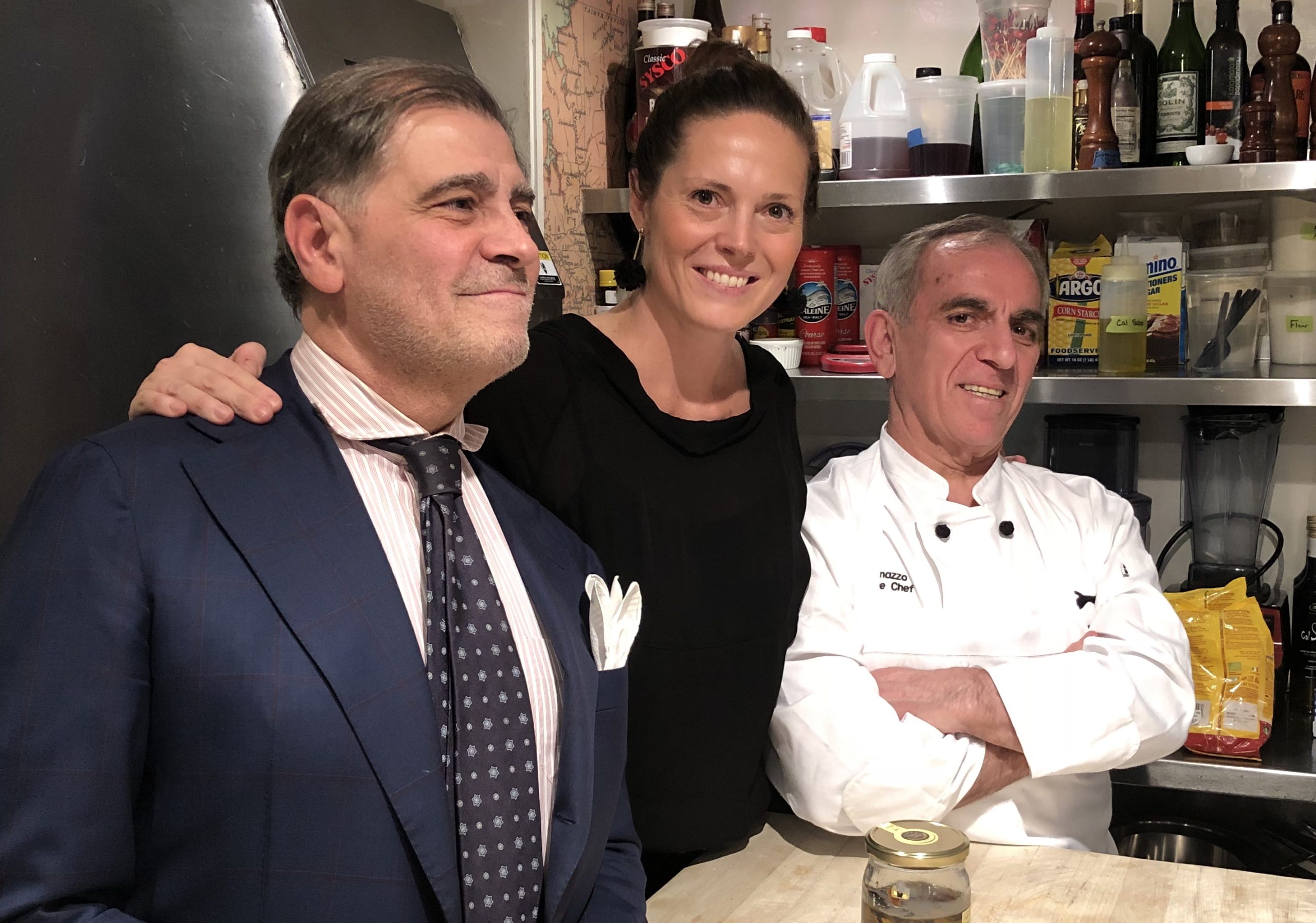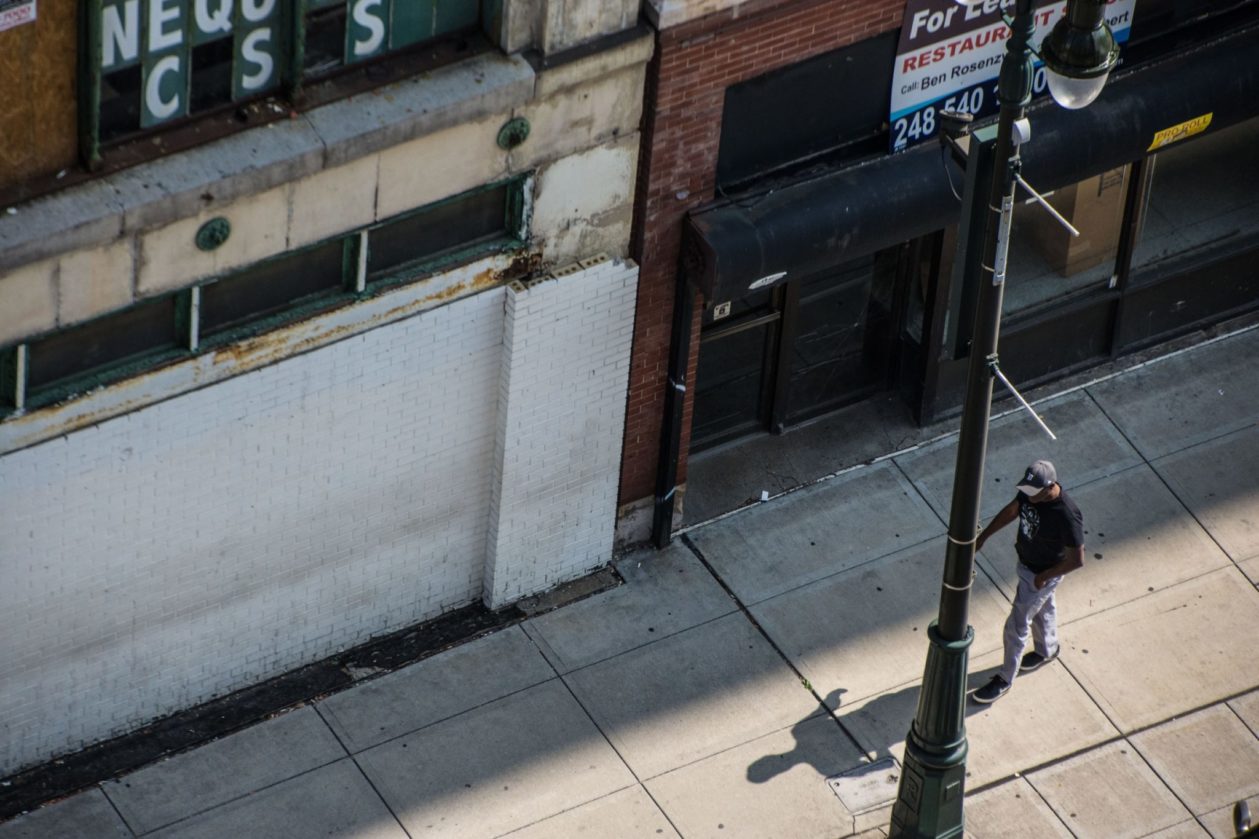“Over half of the local restaurants will never reopen.” We have all read or heard this over and over, but it need not be true. I have almost a half century of experience in eating, working, investing and creating local restaurants, and I think there is a path forward, one that would allow them to reopen sooner rather than later.
This is not about large chain restaurants. The Bubba Gumps and Cheesecake Factories of the world will have to negotiate their own new deals with the real estate giants like Simon Property and Brookfield. Both groups have deep benches of management and a lot of lawyers, so let’s not worry about them.

A key to the survival of local restaurants and stores is understanding risk. Before the COVID-19 pandemic, when a restaurant took a lease, risk was created for that establishment. The landlord’s major risk was that the restaurant would go out of business. Millions of restaurants struggled to make that rent. In affluent urban city cores, high rents distorted the metrics of restaurant operations. These distortions could be seen in an entrée of pasta with tomato sauce costing $34.00.
Gianfranco Sorrentino is the president of Gruppo Italiano, a trade organization devoted to bringing artisanal Italian products to American restaurants and retail stores. He also owns three award-winning restaurants: Il Gattopardo, Mozzarella & Vino and The Leopard, all in Manhattan.
In a recent phone call, he explained, “The rule of thumb is that the rent should be 5 to 8 percent of gross revenue. Labor is around 38 percent and food, 28 percent; the rest is general overhead and profit. While it may seem that the rent is not a large percentage, in fact, it is, because, to a large degree, everything else is flexible in the sense that demand can dictate costs. Moving forward, rent flexibility has to be the future of all retail as the coronavirus has turned the world upside down.”

The one thing we can be sure of as we reopen our economy is uncertainty. No one knows the conditions that will be imposed on restaurants and stores. Will there be limits on capacity? Required distance rules? How many people will take any risk to eat or shop locally again?

With all of this in mind, the only way forward that I can see is to share the rent risk with the landlords. This means that there will be no fixed rents going forward. Rents will be based on revenue. This idea will fast forward the price discovery mechanism of rent negotiations. Those often took weeks or months. Landlords will, in essence, be silent partners. If the recovery is slow, the rent will be low; if it is robust, so will the payments to the landlords.
Why would any property owner agree to this? Because if they don’t, they may have absolutely no revenue at all. Their restaurants and stores will be boarded up, they will default on mortgage payments and taxes. By the way, both of these will also need to be renegotiated. If they aren’t, defaults will multiply, and banks and cities will both be owning a lot of property…that neither wants to own.
This path forward is not new or revolutionary. ”Rev share,” as it is called in the online world, is a well- established business practice. When you can’t predict the revenue and don’t want to take all the risk on payments to a service provider, often a shared revenue model works.
Cities and states have a big role to play here, too. Legislation penalizing empty stores was already under consideration in San Francisco and New York. Greedy landlords kept stores vacant awaiting an upturn in the market, resulting in entire city blocks becoming lifeless and depressing. Now, more than ever, this must not be tolerated. Whatever penalties, including foreclosing on vacant properties, that need to be put in place should be. The entire physical, economic and mental health of our cities depend on restoring the vitality they once had…as fast as healthy practices allow.

Cities also need to adopt revenue sharing arrangements for taxation purposes. There is no point in telling a property owner his taxes are X when his post-COVID-19 revenue is less than X.
Most economists predict we will have a prolonged deflationary period ahead of us. That seems logical. Trillions in invested wealth have been lost. Assets are impaired, returns on fixed assets (bonds) are close to nothing.
In a deflationary environment, like Japan for example, there is a tendency to wait on taking risks. Because waiting often means you will be able to buy/rent whatever you want for less in the future. The result is a self-perpetuating cycle of downward economic activity. The revenue sharing model neutralizes that concern. Why wait to open if the risk will not be lower in the future?
If you care about all the local restaurants and stores, try to mobilize and put pressure on everyone in your community to adopt the shared revenue concept as the way forward. The sooner we have everyone in these industries back to work, the better we will all be on so many levels.







